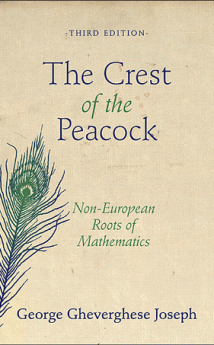Sailing the Seas of Thought On charitable interpretation, resonance, and the Jazz of Ideas
I am an inveterate ‘sharer’. The shares that I take most pleasure in1 are ideas: papers, lectures, book extracts, podcasts, tweets. I see this in terms of missionary zeal: I derive pleasure from spreading the word. But the recipient does not always share my enthusiasm. Sometimes this is because I’ve overlooked some error or ulterior motive that a more patient observer would detect. I attribute much of this to a tendency for charitable interpretation. I fill out ideas with the help of memory and imagination; I smooth off the sharp edges. And even though I’m aware of this phenomenon, I miss flaws in what I share, seeing then only after someone else points them out2. But the overlooked flaws — which so often provoke irritation — are not always in the share itself, but in its source.

 In his book
In his book